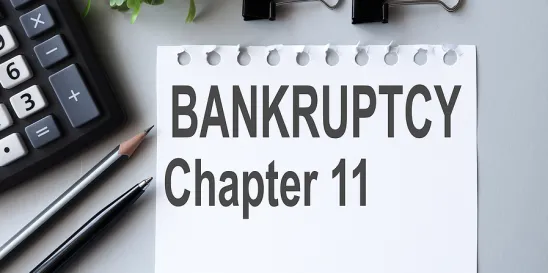The United States Supreme Court recently accepted review of In re Kaiser Gypsum Co., Inc., 60 F.4th 73 (4th Cir. 2023), a Fourth Circuit decision concerning “whether an insurer with financial responsibility for a bankruptcy claim is a ‘party in interest’ that may object to a Chapter 11 plan of reorganization.” This issue, while one of first impression for the SCOTUS, has been litigated several times in the appellate courts, leading to a circuit split over the interplay between Article III and 11 U.S.C. Section 1109(b).
In the case of In re Global Industrial Technologies, Inc., 645 F.3d 201, 211 (3d Cir. 2011), the Third Circuit held that Article III and Section 1109(b) are coextensive, finding that any party with a “cognizable, traceable, and redressable” interest in the resolution of a bankruptcy proceeding is a “party in interest.” The Third Circuit reasoned that an insurer claiming collusion between the debtor and its creditors has standing to intervene in a policyholder’s bankruptcy action. On the other hand, In re James Wilson Associates, 965 F.2d 160, 169 (7th Cir. 1992), a Seventh Circuit opinion, denied standing to a creditor where the creditor objected to the assumption of a lease in which it did not have a specific interest, despite recognizing that the creditor satisfied the requirements of Article III. The holding stemmed from the court’s view that Section 1109(b) places limitations on standing, including that the claimant needs to be within the class of intended beneficiaries of the statute on which the claim is based.
The Fourth Circuit’s recent decision in In re Kaiser, followed the same path. Kaiser, who sold and made products with asbestos, was named in over 38,000 asbestos injury suits, causing the company to go bankrupt. Under Kaiser’s reorganization plan, a trust was established and Kaiser was required to assign its rights under its Truck Insurance policies to the trust. The trust was to be funded by the limits of the Truck Insurance policies. Truck Insurance objected to the plan, arguing that it could expose the insurer to fraudulent claims and that the plan itself appeared to be collusive and violative of the provisions in its policies. The insurers’ attempts to block the plan were rejected by the district court and the court of appeals, which found that the insurer was not a “party in interest” under Section 1109(b) and thus lacked standing to object to the plan. The Fourth Circuit held that, in order to qualify as a “party in interest” under Section 1109(b), Truck Insurance needed to assert “objections relating to its interests as a creditor” or assert that its right under its insurance policies were harmed by the plan in specific ways.
The Supreme Court’s review of In re Kaiser will provide clarity on the interplay of Article III and 11 U.S.C. Section 1109(b), resolving a long-standing circuit split. The Court’s decision also should help to clarify when an insurer can object to or intervene in its insured’s bankruptcy proceedings.





 />i
/>i

